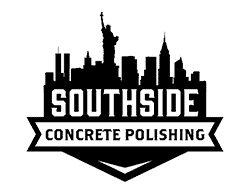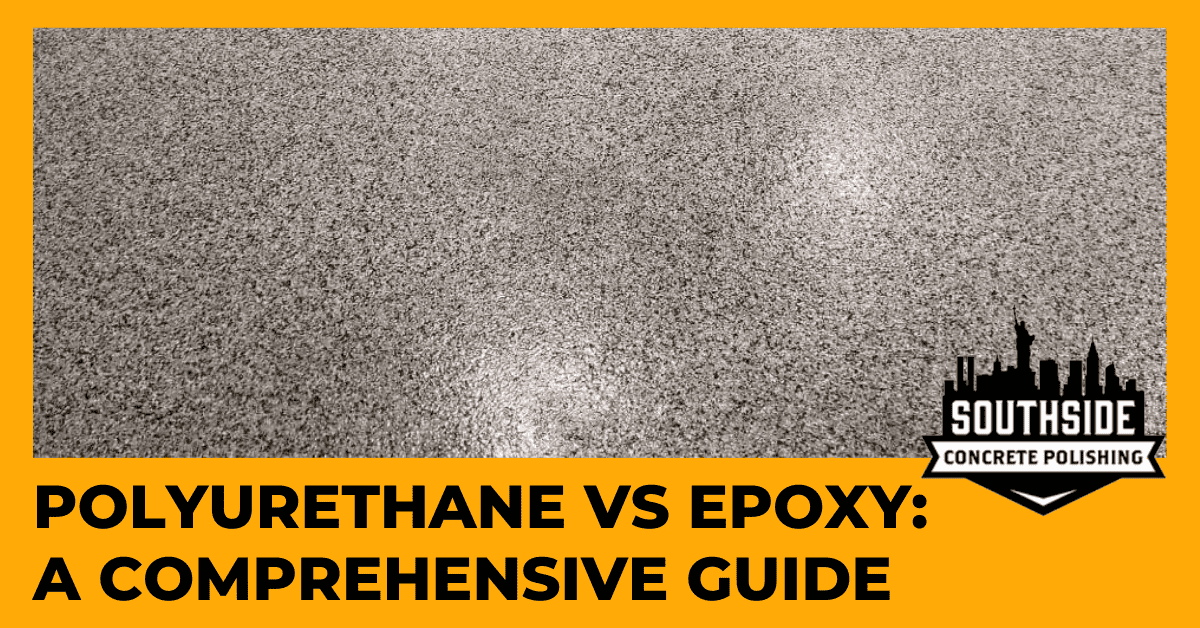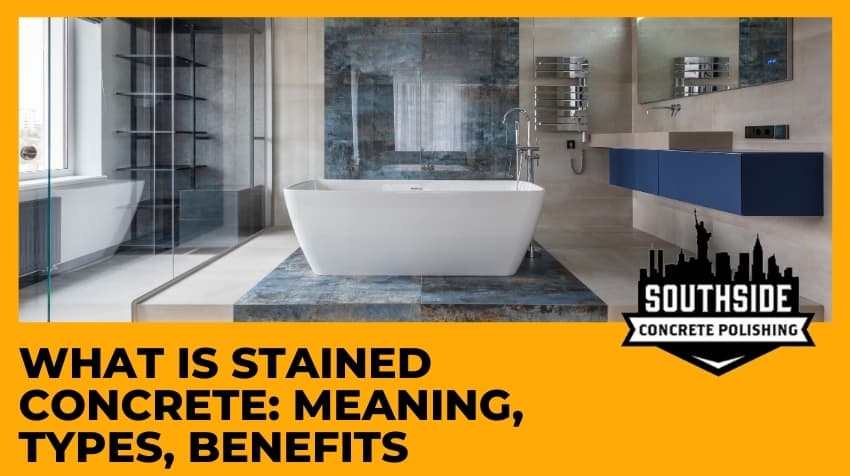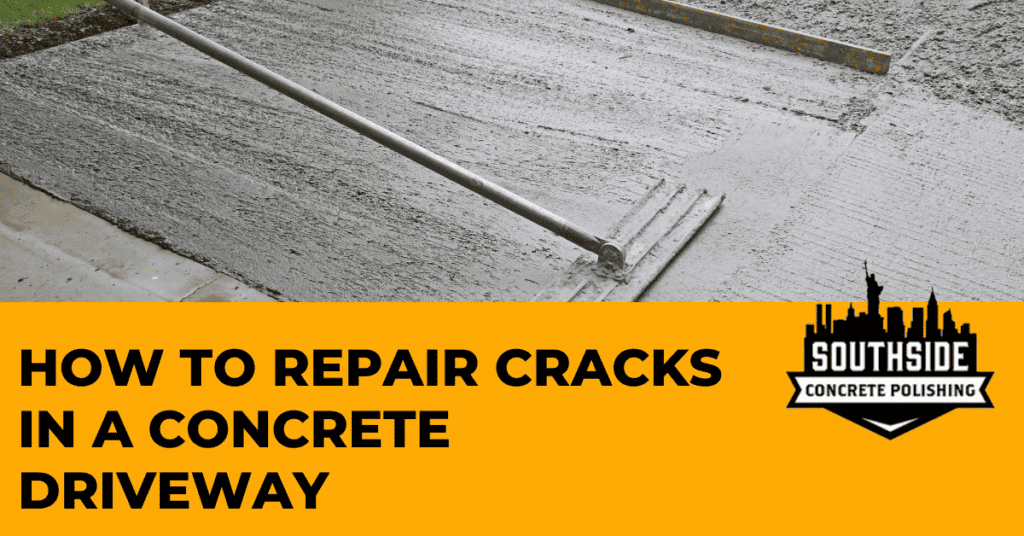Why Floor Coatings Matter
The importance of flooring cannot be overstated. Flooring can affect the design of your home, improve or hamper the functionality of your home, impact the health of your home and affect your home’s value.
The most common type of industrial flooring is concrete flooring but concrete floors cannot stand the test of time and damage on their own. They are often coated with resins to create durable floors which are chemical resistant, have a higher level of abrasion resistance and additional strength to protect them from the abuse floors usually subjected to.
The two most commonly used types of coating system resins for a concrete floor are Epoxy coatings and Polyurethane coatings.
Both of these materials come with their own characteristics and strengths and both are suited to different industries and applications. They do, however, share some key characteristics – both Epoxy floor coatings and Polyurethane coatings as solutions are durable, hardwearing, and provide waterproofing while also protecting your concrete floor from a whole range of damage and dirt.
What Is Epoxy Resin?
Epoxy resin is a thermosetting polymer coating that also acts as a concrete sealer. It is available in three different formulations; water-based, solvent-based, and 100% solids. These formulations allow for varying degrees of thickness from 3 mils to over 10 mils for a single coating. They can also dictate the ease of application, provide special bonding characteristics, and offer different VOC considerations.
Epoxy resin bonds extremely well to a properly prepared concrete floor. It is sometimes used as a resurfacing agent for old or worn concrete and as a repair material for concrete floor cracks, pitting, and other surface repairs.
The best epoxy formulations are high solids to 100% solids. They are an extremely hard, thick, and impact-resistant surface. This self-levelling thickness contributes to filling in the small hairline cracks and imperfections of the surface as well as providing a high build coating for protection.
They also work well against hot tire pick up and wear from abrasion. Though some epoxy formulas come with U.V. inhibitors, they will still eventually yellow or amber as the industry calls it when exposed to sunlight for any length of time.
This is something to consider when choosing an epoxy concrete flooring coating.
The Benefit of Epoxy Coatings on Flooring
Epoxy floor creates a hard and fast bond with the concrete underneath it. This bond offers a seamless and extremely durable flooring solution that is much stronger than plain concrete.
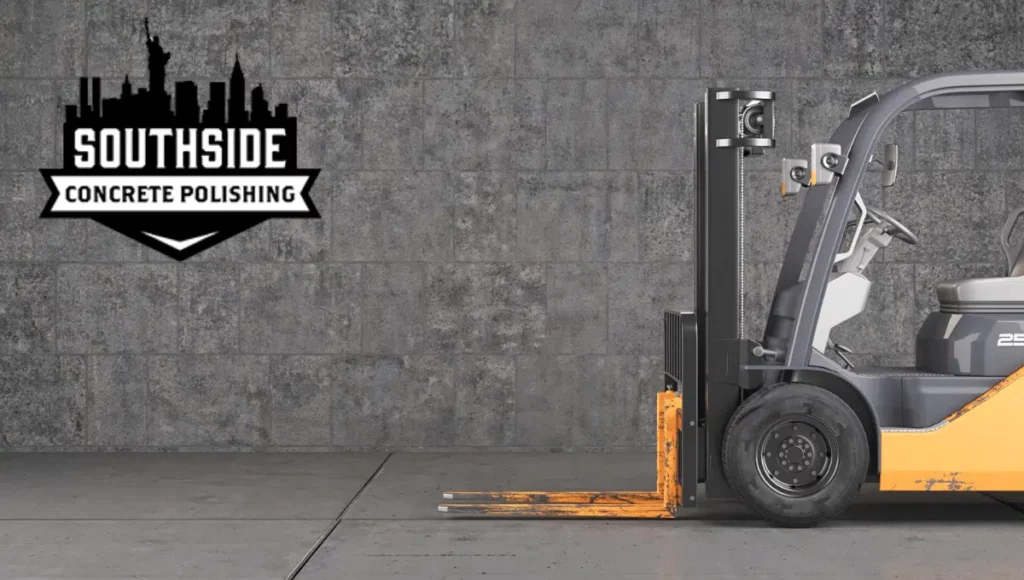
Heavy Traffic
Epoxy floors are ideal for high-traffic areas. They can withstand a wide variety of traffic including foot, forklift, and vehicle traffic. Having a flooring surface in which you don’t have to worry whether the level of your traffic will harm the floor is great peace of mind.
A number of other flooring solutions may see wear and tear with a high volume of traffic, or require consistent waxing or recoating. Epoxy coatings, however, can endure various levels of traffic, and yet require minimal upkeep.
Heavy Loads
As we mentioned above, Epoxy floors can take heavy levels of traffic, but they can also withstand a lot of weight. Found in airport hangars, fire departments, and hospitals, Epoxy floors can withstand very heavy loads of machinery sitting upon them without denting or scratching.
Typical Epoxy floors have a flexural strength of more than 10,000 psi. If you feel you need an even stronger floor, there are also additional topcoat urethane coatings that make the surface even harder for environments that require more abrasion resistance.
Heavy Impacts
Epoxy floors can sustain not only heavy traffic and heavy loads but also heavy impact. Whether your employees are dropping materials or dragging equipment, Epoxy floors can endure high impact and are tough to scratch, dent, or damage.
While, of course, care should be taken with the flooring in order to ensure it lasts for years, the flooring can also take what you will bring. If you do notice a dent or scratch, it is better to deal with it immediately rather than see it get worse.
Harsh Environment
Whether your industry requires extreme cold or extreme heat, epoxy floors may be an appropriate choice for your warehouse or manufacturing facility. Depending on the type of Epoxy installed and the actual installation process, some Epoxy coatings can endure harsh environments, including deep freezers.
There are also urethane and other top coatings available that will make Epoxy floors perfect for your industry. Finding durable flooring for your facility is important. Epoxy flooring offers a solution that will be able to handle your traffic flow, heavy machinery, and high-impact environment.
With its ability to be strong and durable in a wide variety of settings, Epoxy floors are an excellent solution for many industries and facilities.
What Is Polyurethane?
Polyurethane (PUR and PU) is a polymer composed of organic units joined by carbamate (urethane) links. While most polyurethanes are thermosetting polymers that do not melt when heated, thermoplastic polyurethanes are also available.
Polyurethane can protect a surface from corrosion and any degradation. It can have a gloss or matte finish. This type of flooring is combustion resistant. It is resistant to scratches provided an additional coating is applied on top.
In areas where it is subject to wet conditions and extreme temperature swings, as well as attacks from chemicals and corrosive ingredients, they can benefit a lot from the flexibility of polyurethane.
A polyurethane coating (or urethane floor coating), is a highly flexible, highly abrasion-resistant floor coating that is known for its shine and longevity. Developed in 1937 by I.G. Farben, these materials were used to create gum rubbers, rigid foam, and elastomers.
Polyurethane floors can be easily modified to extend or limit their pot life, recoat time as well as total curing time. This flexibility enables contractors to complete PU floors in a much shorter space of time.
Like Epoxy, polyurethane is a thermosetting polymer as well and is considered a high-performance coating. It is commonly known as urethane for short, though that it is technically incorrect and there is actually a big difference between polyurethane and urethane.
If a coating is being advertised as a urethane coating, It is actually polyurethane. Of the different formulations available, aliphatic polyurethane is the desired choice for garage floors. Though they are approximately 60% to 70% solids depending on the manufacturer, a polyurethane coating is only about 2 to 3 mils in thickness and cannot be adjusted as with Epoxy.
Another advantage of polyurethane is that it is U.V. stable. This means that it won’t turn yellow when exposed to small amounts of sunlight over a period of time. The surface of polyurethane is not as hard as epoxy but it is much more scratch-resistant, can tolerate larger temperature swings, it is also available in different finishes from satin to very glossy.
Though polyurethane does not bond well to concrete and its thin dry film thickness will not work well as a self-levelling coating to fill in small cracks and divots in the surface. Another consideration is that most polyurethanes are solvent-based, meaning they can have high VOCs and may require a respirator to apply.
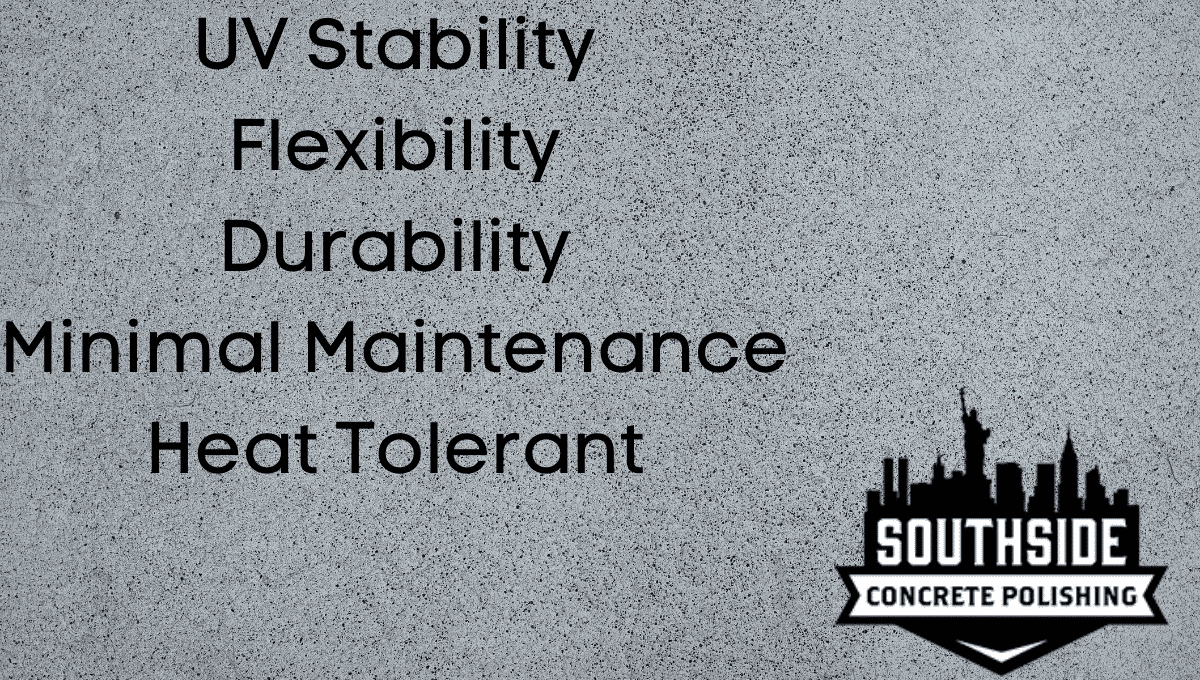
The Benefit of Polyurethane Coatings on Flooring
Polyurethane is a lot more soft and elasticated and therefore is best suitable for a place with foot traffic, car parks, and food factories. This is because of its suitable characteristics, such as:
U.V. Stability
Unlike Epoxy, Polyurethane is U.V. stable (aliphatic polyurethanes) which means it won’t turn yellow when exposed to sunlight.
Flexibility
Polyurethane resin flooring systems usually offer good flexibility, potentially accommodating minor movement whereas epoxy systems are more brittle.
Durability
Like Epoxy, polyurethane is strong and hard-wearing which is particularly useful where there are heavy loads and lots of trafficking.
Minimal maintenance
Barely any maintenance is required with a polyurethane flooring system which is valuable in busy 24-hour businesses which require little to no downtime.
Heat Tolerant
Polyurethanes provide superior heat, cold, and thermal shock tolerance.
| Polyurethane | Epoxy |
| UV Stability | Bonding to Concrete |
| Chemical-Resistance | Build/Thickness |
| Increased Impact and Abrasion Resistance | Installation & Performance |
| Finishes |
Comparison Between Epoxy vs Polyurethane Coatings
Hardwearing resin systems, epoxy and polyurethane, are typically used for busy food plants that subject their floors to physical impacts, point loading and traffic from equipment such as heavily laden pallet trolleys and forklift trucks. Of course, all of these factors can cause damage to a floor finish and if the coating is applied too thinly; hard to clean cracks can appear in the finish, increasing the risk of unwanted bacteria.
To prevent these risks from occurring, businesses, manufacturers and architects are continually on the lookout for protective floor systems often looking for practical comparisons on epoxy vs polyurethane. Although they are often talked about as the same product, they are actually two different types of floor coatings with their own distinct properties. To make sure you’re choosing the right system for you, here is a comparison of the two.
Cost
Whilst a polyurethane system will initially cost more compared to epoxy, it is far more cost-effective in the long term. In fact, the lifespan of the PU system is roughly double that of the epoxy, clocking an impressive ten years compared to the epoxy’s five.
PU systems also benefit from their increased wear, abrasion and impact resistance properties.
Resistance
In general, epoxy resins offer limited resistance to the organic acids that are found in large quantities of food and drink produce, whereas polyurethane systems boast unrivalled resistance to corrosion, inorganic, alkalis, organic alkalis and solvents.
Heat Tolerance
Polyurethanes provide superior heat, cold and thermal shock tolerance. Epoxies on the other hand are naturally more rigid and are able to move with a concrete substrate when exposed to heat fluctuations. To exemplify this, a standard two-pack, 100% solids epoxy coating, has a heat resistance of up to 65 °C, whereas some PU systems can tolerate 120°C.
This thermal shock resistance is a great benefit in food and beverage facilities where extreme temperature changes often occur on a daily basis. For example when a room is a steam cleaned; in areas where hot oven doors are being opened or where there is the possibility of boiling substances spilling onto the floor.
Application
There are also significant differences for the applicator. From an applicator’s point of view, polyurethane floor resins are extremely sensitive to the presence of humidity.
Epoxy resins are also sensitive to moisture, but the damage done by humidity will be far more limited. Therefore when working in an environment where the presence of humidity could be an issue, epoxy is always the much better choice.
Polyurethane floors can be easily modified to extend or limit their pot life, recoat time as well as total cure time. This flexibility enables contractors to complete PU floors in a much shorter space of time. With PU you could effectively start a multicoat project on Friday and hand it over on Monday. Epoxy floors are much less flexible in this respect in the sense that they usually require 7 days to fully cure.
In general, polyurethanes are harder to work with. Their limited pot life and sensitivity to humidity require very well-trained and experienced staff.
Recommendations
From the details and comparison regarding polyurethane and epoxy above, it is evident that each has its advantages and disadvantages for different projects. Which coating should you go in for – epoxy or polyurethane? With these two types of coatings, you would not choose one in preference of another.
Polyurethane is the better choice for industrial food processing companies that work in milk, dairy and cheese production, due to its ability to protect their flooring from organic acids, compared to Epoxy that is highly likely to experience corrosion and yellowing in these environments. Polyurethane floors are generally softer and more elastic compared to the epoxy, giving them better resistance to scratching – ideal for spaces like multi-deck car parks, which experience high levels of foot traffic.
Epoxy is best used as a repair, patch and build coat to hide imperfections in the concrete. Then you want to sand the epoxy and install a coat of polyurethane coating as a protective wear surface over the top of the epoxy coating.
By utilizing epoxy and polyurethane together, you’ll optimize your industrial and commercial floors to the maximum. Not only that, but you’ll also save money, time and productivity as well.
You need to combine both finishes to achieve the desired results. Combining these two types of floor finishes will create a robust bonding system to the surface through epoxy and a topcoat of polyurethane to create a safe, physically strong, chemical resistant, and aesthetically good-looking top layer.
Overall, the qualities of the polyurethane system outweigh those of a roller-applied epoxy coating.
Polyurethane on epoxy is actually one of the best things you can do for your industrial floors and facilities. We can conclude by saying that the preferred choice for a substrate is epoxy for general floor coatings, especially on concrete floors. It helps to build up a thickness to the floor or countertop and fills up flaws and cracks on the surface.
Polyurethane on the other hand adds durability to the coating in terms of mechanical resistance, chemical resistance, shock resistance, and UV protection.
Use both these coatings as a robust finishing solution to achieve excellent results in terms of durable and smart-looking floors, countertops, and tabletops that will last for many years.
Share This Post
